Navigating the World: Why Map Skills Remain Essential in the 21st Century
Related Articles: Navigating the World: Why Map Skills Remain Essential in the 21st Century
Introduction
With great pleasure, we will explore the intriguing topic related to Navigating the World: Why Map Skills Remain Essential in the 21st Century. Let’s weave interesting information and offer fresh perspectives to the readers.
Table of Content
Navigating the World: Why Map Skills Remain Essential in the 21st Century

In an age dominated by digital maps and GPS navigation, it might seem that traditional map skills are becoming obsolete. However, this couldn’t be further from the truth. While technology undoubtedly simplifies navigation, a deep understanding of maps remains crucial for a variety of reasons, fostering critical thinking, spatial awareness, and a sense of independence in an increasingly complex world.
Beyond the Digital: The Enduring Value of Map Skills
The ability to read, interpret, and utilize maps transcends mere navigation. It represents a fundamental understanding of spatial relationships, a skill that transcends the limitations of technology and fosters a deeper connection with the world around us.
1. Cultivating Spatial Reasoning and Critical Thinking:
Maps are not merely visual representations; they are powerful tools for developing critical thinking and spatial reasoning. By deciphering symbols, understanding scale, and interpreting geographic features, individuals cultivate the ability to analyze information, draw inferences, and make informed decisions. This skillset extends beyond navigation, proving invaluable in various fields, from architecture and urban planning to data analysis and environmental science.
2. Fostering Independence and Problem-Solving:
In situations where technology fails, or access to digital tools is limited, map skills become essential for independent navigation and problem-solving. Whether facing a dead phone battery in a remote area, navigating a complex urban environment, or planning a wilderness expedition, the ability to read a map and understand its nuances empowers individuals to overcome challenges and make informed choices.
3. Enhancing Environmental Awareness and Understanding:
Maps serve as powerful visual representations of the natural world, revealing the intricate interplay between physical features, ecosystems, and human activity. By studying maps, individuals gain a deeper understanding of geographic patterns, climate zones, resource distribution, and the impact of human development on the environment. This knowledge fosters appreciation for the natural world and informs responsible decision-making.
4. Promoting Historical and Cultural Understanding:
Maps are not static representations; they are dynamic documents reflecting historical events, cultural evolution, and the changing landscape of human societies. Studying historical maps provides insights into past civilizations, migration patterns, trade routes, and the evolution of borders, offering a rich tapestry of human history and cultural understanding.
5. Encouraging Exploration and Adventure:
Maps are inherently inspiring, igniting curiosity and a sense of adventure. They invite exploration, encouraging individuals to venture beyond familiar territory, discover hidden gems, and experience the world in a more meaningful way. The ability to navigate independently fosters a sense of freedom, empowering individuals to explore their surroundings with confidence and a sense of discovery.
Addressing Common Concerns about Map Skills in the Digital Age:
1. "With GPS, maps are obsolete."
While GPS technology offers convenience, it relies on external systems and can be unreliable in areas with poor signal or during emergencies. Map skills provide a backup navigation method, ensuring individuals can navigate independently regardless of technology.
2. "Digital maps are more accurate and detailed."
While digital maps offer detailed information, they may not always be accurate, especially in remote areas or when updates are delayed. Traditional maps provide a foundational understanding of geography and enable individuals to interpret information critically, even when digital tools are unavailable.
3. "Map skills are outdated and unnecessary."
Map skills remain relevant in a variety of contexts, from understanding environmental issues to navigating unfamiliar territories and appreciating historical events. They cultivate critical thinking, spatial awareness, and a sense of independence that transcends the limitations of technology.
Tips for Enhancing Map Skills in the Digital Age:
- Embrace traditional maps: Incorporate traditional maps into learning activities, exploring their features and symbols.
- Combine digital and traditional methods: Utilize both digital and traditional maps to enhance understanding and gain different perspectives.
- Engage in outdoor activities: Participate in hiking, camping, or orienteering to practice map skills in real-world settings.
- Explore historical maps: Study historical maps to gain insights into past civilizations and the evolution of landscapes.
- Foster a sense of wonder: Encourage exploration and discovery through map-based activities, igniting a passion for learning about the world.
Conclusion: The Enduring Importance of Map Skills in a Connected World
In a world increasingly reliant on technology, map skills remain essential for navigating the complexities of our physical and digital landscapes. Beyond mere navigation, they foster critical thinking, spatial awareness, and a sense of independence, empowering individuals to explore, understand, and engage with the world around them in a meaningful way. By embracing traditional map skills alongside digital tools, we can cultivate a generation equipped to navigate the challenges and opportunities of the 21st century with confidence and a deep appreciation for the world they inhabit.

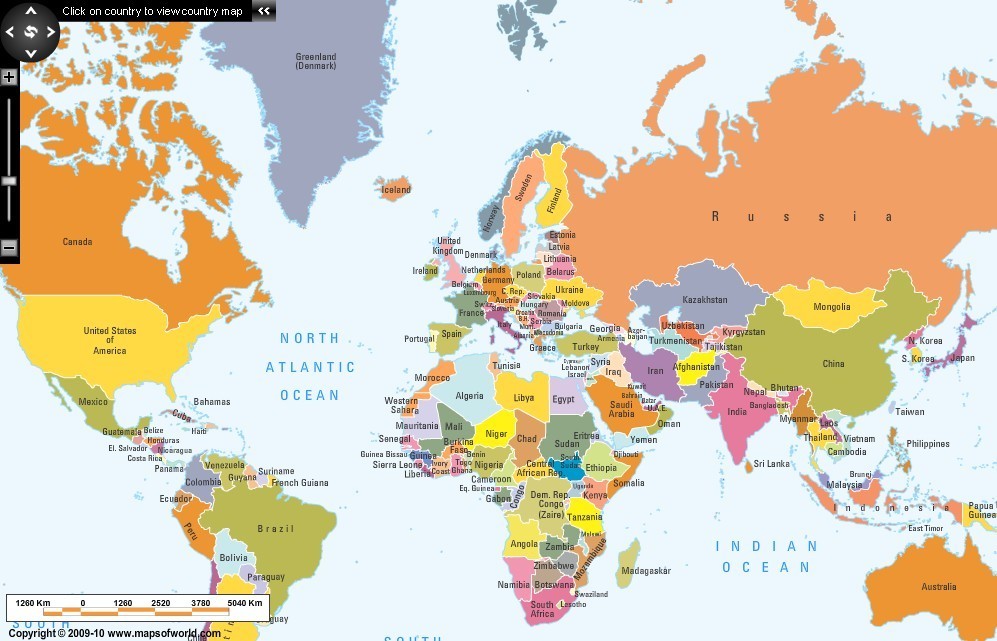
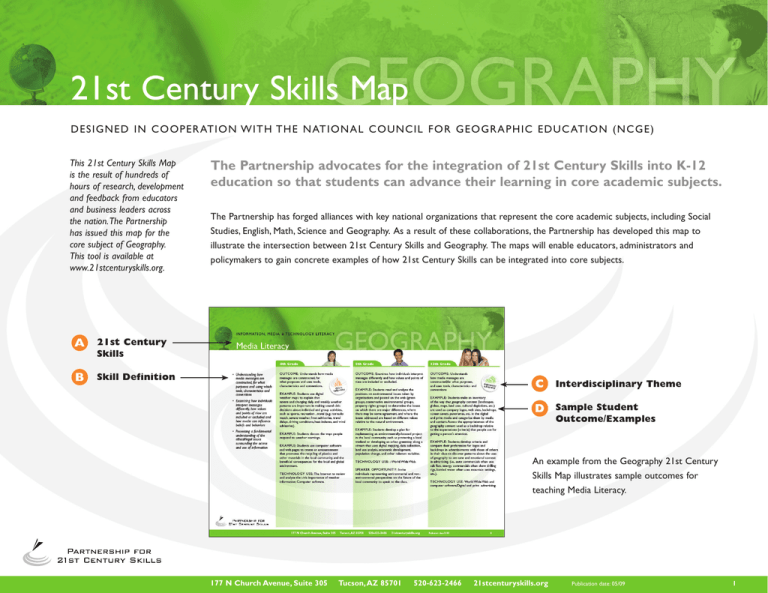
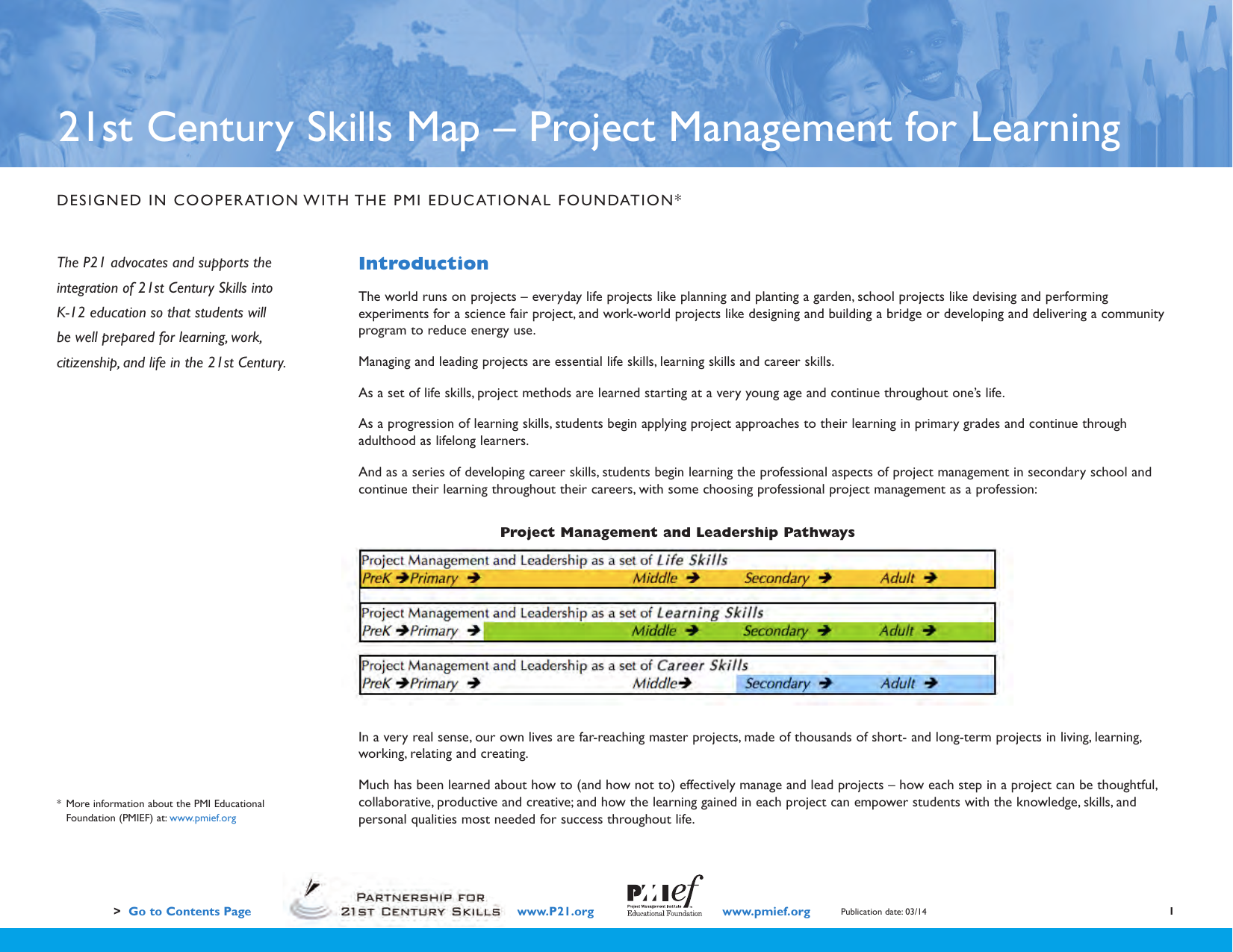


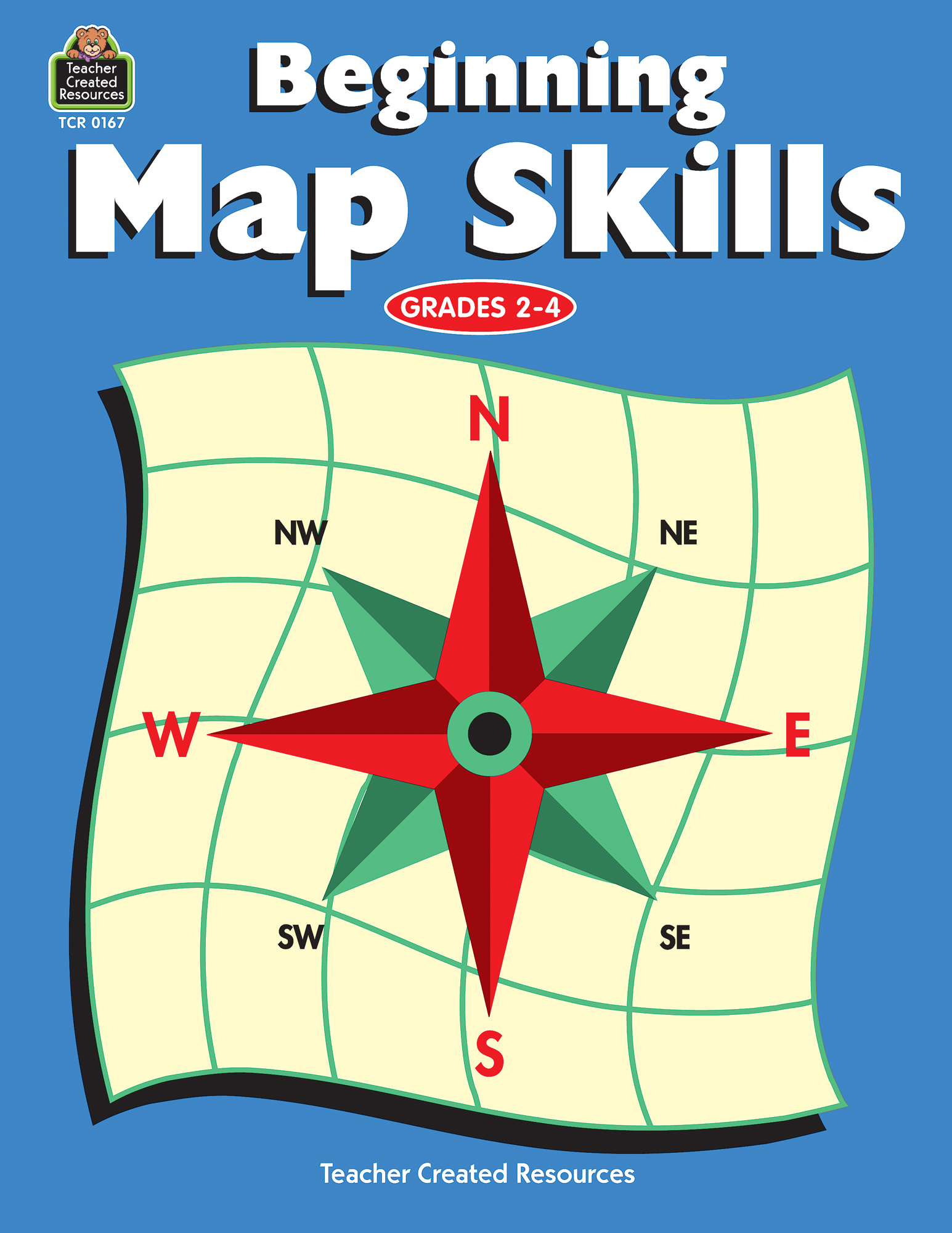
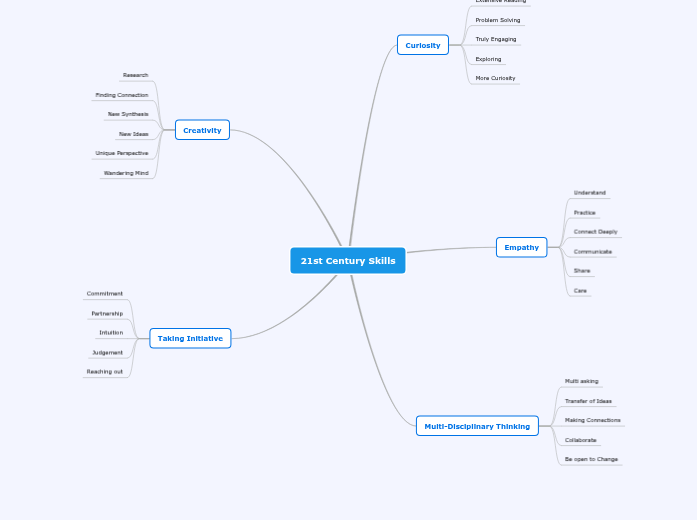
Closure
Thus, we hope this article has provided valuable insights into Navigating the World: Why Map Skills Remain Essential in the 21st Century. We appreciate your attention to our article. See you in our next article!
